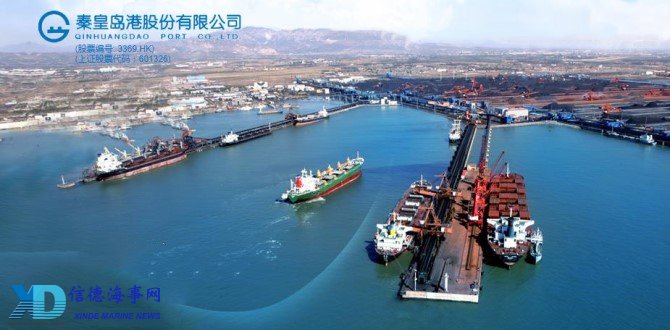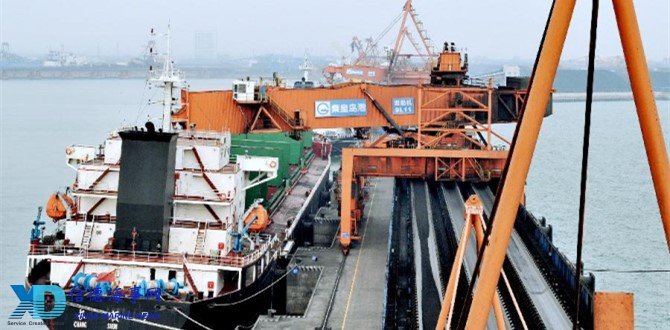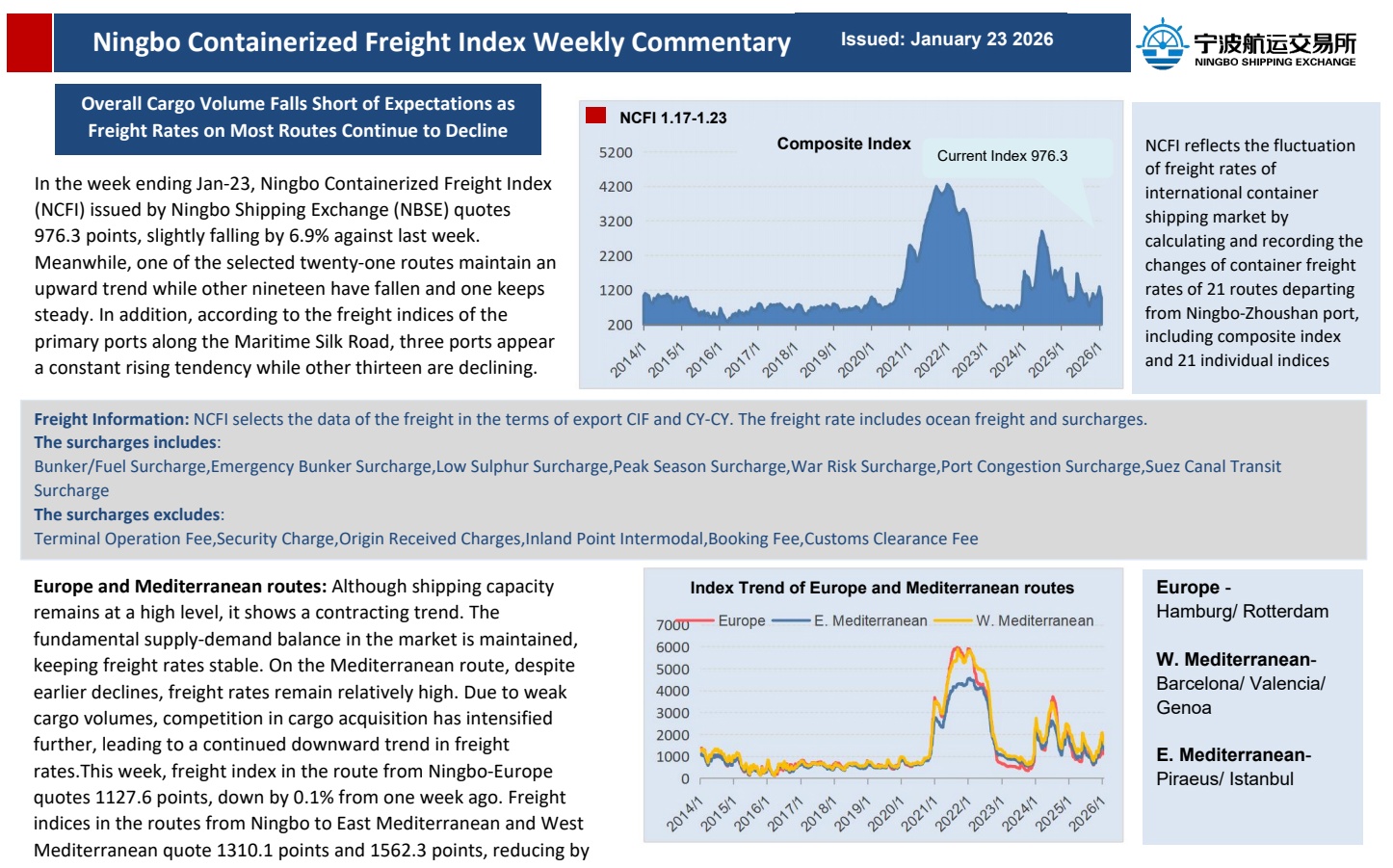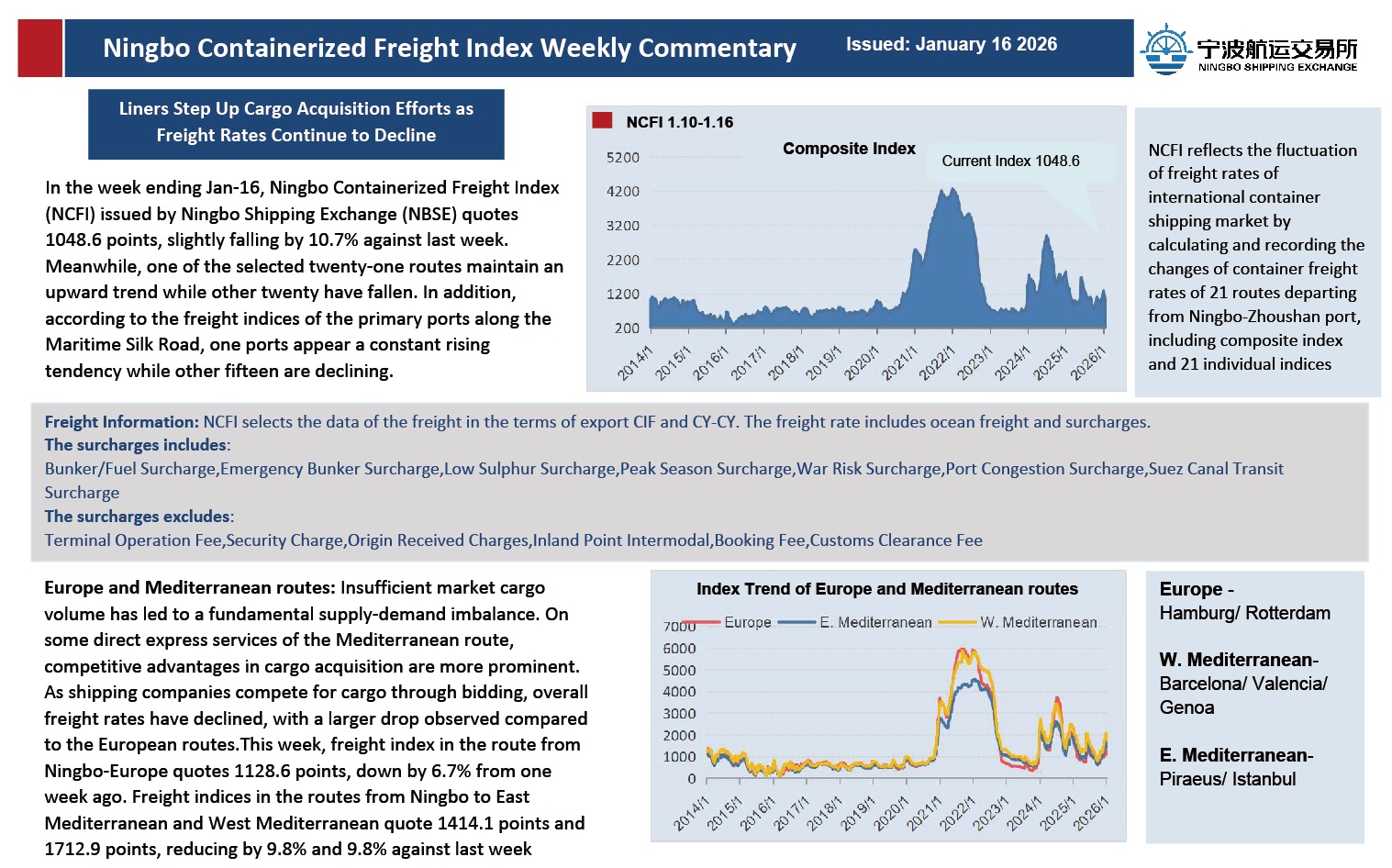
Coal stocks continued to increase at China's benchmark Qinhuangdao port in recent days amid the state planner's efforts to boost coal deliveries to the port, which plays an important role in stabilizing coal prices.
As of October 9, Qinhuangdao port had 6.64 million tonnes of coal, up 21.6% from the previous month, showed data from industry portal sxcoal.com.

Coal stocks at the port have maintained below 6 million tonnes since February, 2017. The figure broke the record of 6 million tonnes on September 27 and remained above the level for thirteen days. Ample stocks at the port curbed too fast coal price rallies and also reinforced expectations of price retreats in the future.
Data showed that daily inbound rail coal supply to Qinhuangdao port stood at 651,300 tonnes on average over September 25-28, edging up 1.8% from the preceding month.
Coal handling of the port increased 2.5% slightly from late September to 587,000 tonnes on average during the National Day holidays, with the lowest at 383,000 tonnes during the period.
This indicated that downstream users didn't show great appetite for thermal coal even after low temperature had blanketed the North China in early October, meaning coal prices still lack upward dynamics.
Relevant authorities further promoted the release of advanced coal capacity to secure coal supply in winter. Shanxi, Shaanxi and Inner Mongolia announced in August that their newly-added coal capacity totaled 500 million tonnes per annum (Mtpa) of , and 200 Mtpa had been put into operation.
China's rail coal transport reached 1.43 billion tonnes over January-August, increasing 17.9% year on year. Daqin line, China's leading coal-dedicated rail line connecting Datong city of coal-rich Shanxi province with northern Qinhuangdao port, transported 284.8 million tonnes of coal during the same period, rising 34.33% year on year.
source: Fenwei Energe
投稿或联系信德海事:
admin@xindemarine.com







